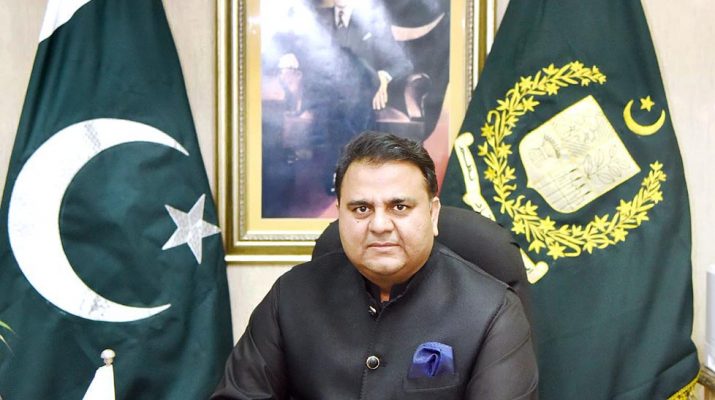NEW YORK: At United Nations, Pakistan has said that the only way to assure fair regional representation on a reformed Security Council was by adding more elected seats.
Participating in the resumed Inter Governmental Negotia
tions on Security Council reform, Pakistan’s Ambassador to the UN, Dr Maleeha Lodhi said that that it was only in the non-permanent category that seats are at present distributed according to an equitable geographic principle.
She said Pakistan wants to enhance the representation of UN membership in the Security Council in a geographically equitable manner, on the basis of the sovereign equality of states and the principles of democracy, accountability and effecti
veness.
“We believe that a principled, logic-based approach can enable the negotia
tions to address the legitimate aspira
tions of all regional, cross-regional and sub-regional groups,” she added.
Referring to the G4 demand, without naming Germany, India, Brazil and Japan, who want permanent seats for themselves, she said, “It was the ambition for national power and privilege of some countries which has eclipsed the common and collective benefit of all UN Member States.”
The Pakistani envoy stressed that in the political arena, the only way to ensure accountability was elec
tions on fixed terms. She said, “Absent elections, there is no genuine political representation.”
“This is why the concept of regional representation does not, and cannot be assured by the permanent category,” she stressed.
The conclusion is simple, Ambassador Lodhi said, and that increasing the size of the permanent category will add nothing to the Council’s representati
veness. “The fact is that it is only the non-permanent category where seats are distributed according to equitable geographic distribution”, she asserted.
Emphasizing the importance of accountability for better representation, Ambassador Lodhi said, that representation and accountability were inseparable concepts and when that representation ceases to exist when there is no accountability. “The more the accountability, the better the representation,” she added.
With regard to representation of cross-regional and sub-regional groups, such as the OIC, Arab Group and Small Island Developing states,, Ambassador Lodhi said, “We believe that our op
tions to address their aspira
tions will obviously increase with the increase in size that is available to meet these aspirations.”
“This is why the Uniting for Consensus (UfC), (which is led by Italy with strong support from Pakistan), proposes a significant increase in the numbe
r of elected seats for Africa, Asia-Pacific and Latin America,” she added.
She also sta
ted Pakistan’s position that every additional seat that increases the Security Council’s size “must contribute to the Council’s representati
veness.” “Do we even have the luxury to serve each hard-fought additional seat on a platter to a single country for eternity?” she asked.
Maleeha also posed another question, “Does it make sense to undermine the Council’s representati
veness while ostensibly enhancing it?”
Ambassador Lodhi concluded by reiterating that the Council’s size and working methods represent one in
divisible key issue of reform and said, “It would serve us well if they are treated in the same manner.”








.jpg)
